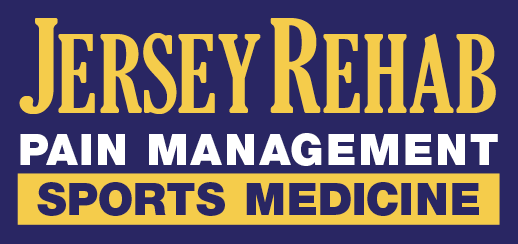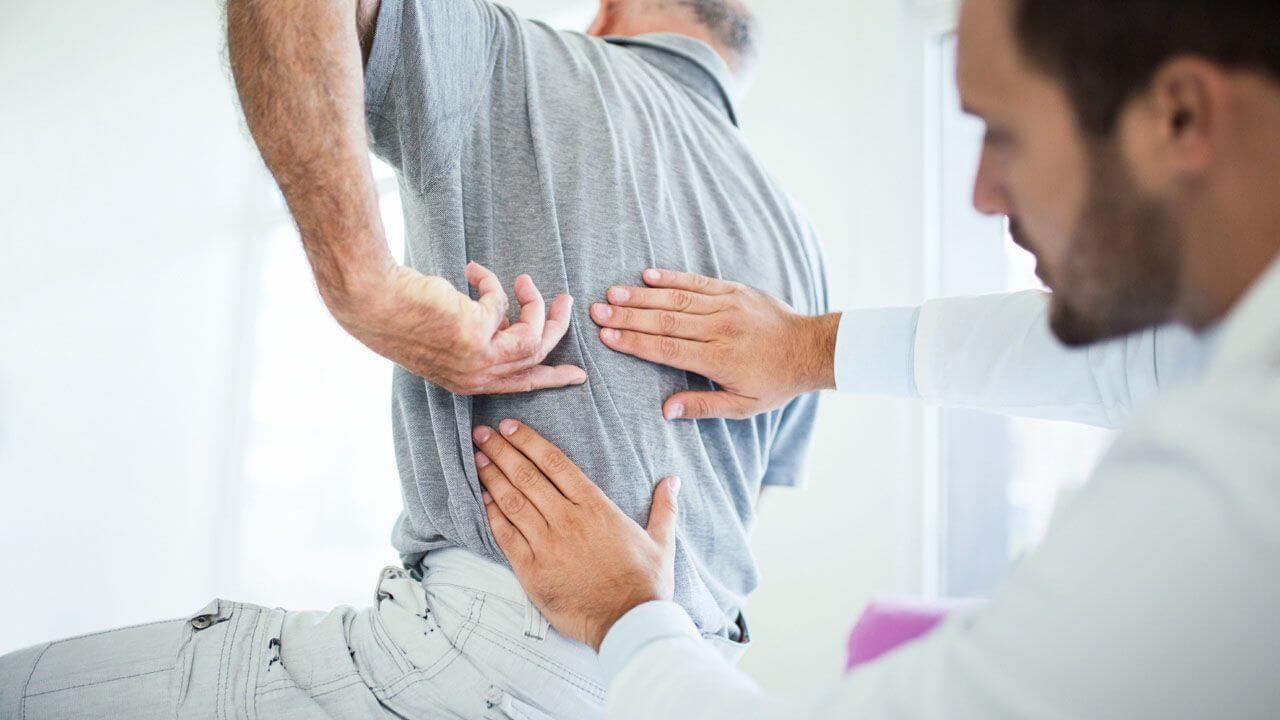Preventing Back Pain: Tips for Maintaining a Healthy Spine
Back pain is a common ailment that can have a significant impact on your daily life. Whether caused by poor posture, muscle strain or underlying conditions, maintaining a healthy spine is crucial for preventing and managing back pain.
Let’s explore practical tips on how to keep your back in good shape and reduce the risk of developing pain or discomfort.
Maintain Good Posture
Practice proper posture while sitting, standing and walking. Keep your back straight, shoulders back and head aligned with your spine. When you do this, you’re making sure that your weight is evenly balanced and that your muscles and ligaments aren’t overstretched or strained. Also, choose ergonomic chairs and supportive mattresses to maintain a neutral spine position.
Regular Exercise
Engage in regular physical activity to strengthen the muscles that support your spine. Maintaining strong muscles reduces pressure on your discs and facet joints. Focus on exercises that target the core, back and abdominal muscles, such as swimming, walking and yoga.
Lift Correctly
When lifting heavy objects, bend at the knees and use your leg muscles rather than your back. Keep the object close to your body and avoid twisting while lifting. Tightening your stomach muscles can also help, as this supports the spine. If the object is too heavy, don’t go it alone. Ask for help!
Ergonomic Workspaces
Set up your workspace to promote good posture. Ensure your computer screen is at eye level, use an ergonomic chair and position your keyboard and mouse at a comfortable height. Also, be sure to take breaks to stand, stretch and move throughout the day. Not moving can weaken your core muscles and make pain worse over time.
Maintain a Healthy Weight
Excess weight can strain the spine and contribute to back pain. Maintain a healthy weight through a balanced diet and regular exercise. Losing even a small amount of weight can alleviate pressure on the spine. For every four pounds of weight you lose, you take 16 pounds of pressure off your spine!
Stay Hydrated
Water is essential for overall health, including the health of your spinal discs. Adequate hydration helps maintain the elasticity and shock-absorbing properties of the discs, reducing the risk of degeneration. In general, most people need about eight 8-ounce glasses of water a day.
Quit Smoking
Smoking is linked to a higher risk of back pain. Nicotine restricts blood flow, reducing the nutrient supply to spinal discs. Quitting smoking can improve circulation and contribute to a healthier spine. Talk to your doctor about the best ways to quit smoking.
Stretching and Flexibility
Incorporate stretching exercises into your routine to improve flexibility and reduce muscle tension. Focus on stretching the hamstrings, hip flexors and lower back to enhance the range of motion and relieve stress on the spine. You can build these exercises into your daily workout.
Proper Mattress and Pillows
Invest in a mattress and pillows that provide adequate support for your spine. A mattress that is too soft or too firm may contribute to back pain. Pillows should also support the natural curve of your neck. The ideal sleeping position for your back is lying flat on your back. Side sleeping is also a good option.
Manage Stress
Chronic stress can contribute to muscle tension and back pain. Practice stress-reducing techniques such as deep breathing, meditation or mindfulness to promote relaxation and overall well-being. These activities can also boost your mental health, making it easier to handle pain during the day.
Schedule an Appointment with a Back Pain Specialist
Prioritizing spine health through simple lifestyle adjustments and mindful habits can go a long way in preventing back pain. Incorporate these tips into your daily routine to maintain a healthy spine, reduce the risk of discomfort and enhance your overall well-being.
If you experience persistent or severe back pain, schedule an appointment with Jersey Rehab. We have a wide range of therapeutic options that can help with pain management and improve overall quality of life.

